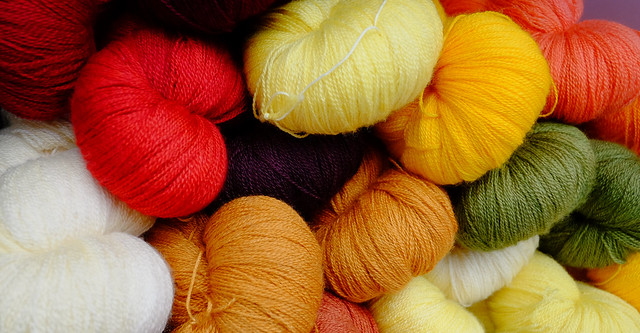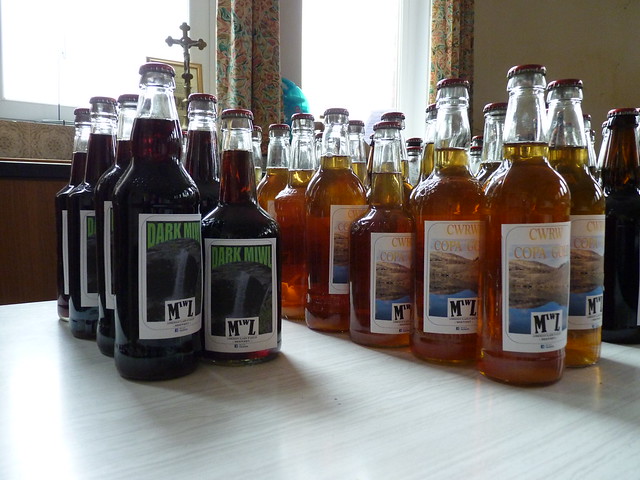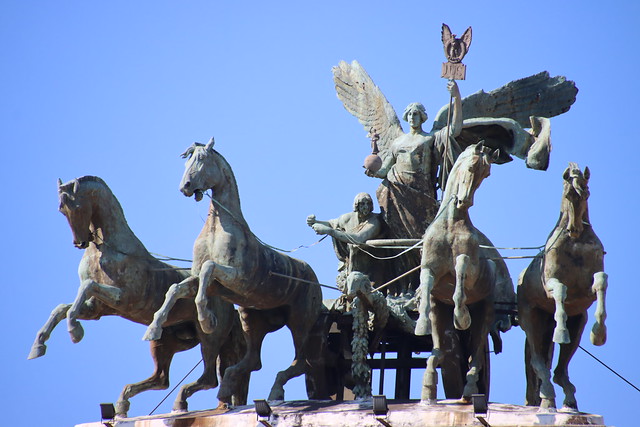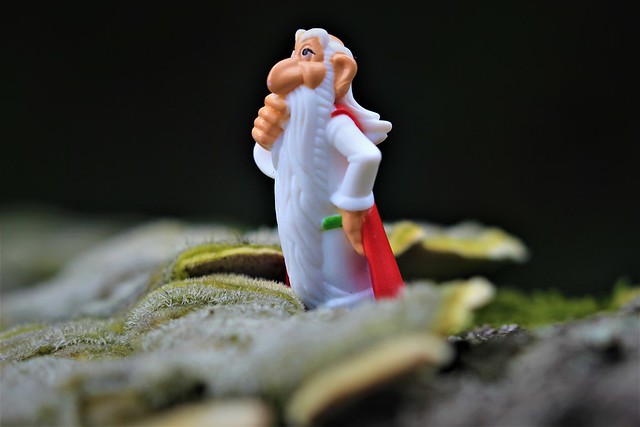Podcast: Play in new window | Download
In this episode we are digging up the origins of the word iron.
The Proto-Celtic word for iron is *īsarnom. It comes from the Proto-Indo-European *h₁ēsh₂r̥no- (bloody, red), from *h₁ésh₂r̥ (blood) [source].
Descendants in the Celtic languages include:
- iarann [ˈiəɾˠən̪ˠ] = iron in Irish
- iarann [iər̪ˠən̪ˠ] = iron, (metal) blade, day’s worth cutting peat (for two) in Scottish Gaelic
- yiarn = iron; tool, scythe, blade; dough (money); tip (gratuity) in Manx
- haearn = iron, iron bar, hardness, strength, resoluteness, hard, strong, unyielding in Welsh
- horn = iron in Cornish
- houarn [ˈhuː.arn] = iron, flat iron; horseshoe in Breton
Words for iron in Germanic languages come from the same Proto-Celtic root, via the Proto-Germanic *īsarną (iron). They include iron in English, ijzer in Dutch, Eisen in German, järn in Swedish, and jern in Danish [source].
Words from the same PIE roots, include արյուն (aryun – blood, slaughter) in Armenian, asinis (blood, temperament, origin) in Latvian [source], words for blood in Romance languages [source], and words for sister in most European languages [source].
More details about these words on Celtiadur, a blog where I explore connections between Celtic languages in more depth. I also write about words, etymology and other language-related topics on the Omniglot Blog.
You can also listen to this podcast on: Apple Podcasts, Amazon Music, Stitcher, TuneIn, Podchaser, PlayerFM or podtail.
If you would like to support this podcast, you can make a donation via PayPal or Patreon, or contribute to Omniglot in other ways.










